Intuition does not denote something contrary to reason, but something outside of the province of reason
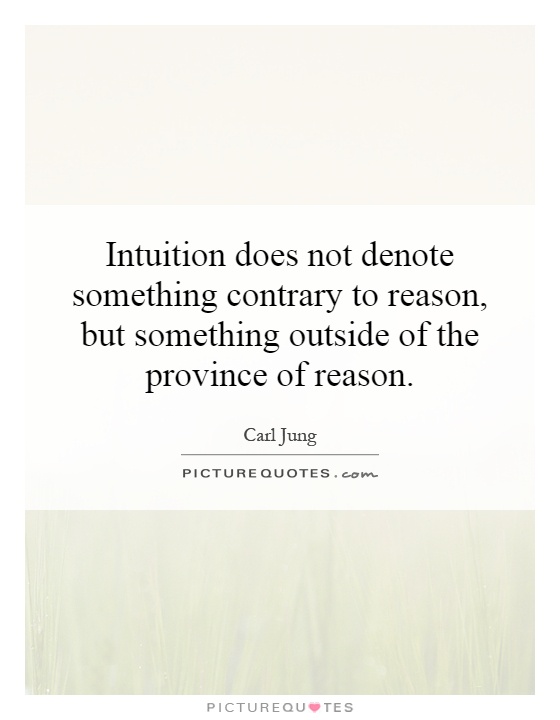
Intuition does not denote something contrary to reason, but something outside of the province of reason
Carl Jung, a renowned Swiss psychiatrist and psychoanalyst, is often associated with the concept of intuition in his psychological theories. Jung believed that intuition was a crucial aspect of the human psyche, and he emphasized its importance in understanding the unconscious mind. In the context of Jung's work, the statement "Intuition does not denote something contrary to reason, but something outside of the province of reason" holds significant meaning.Jung viewed intuition as a form of perception that goes beyond rational thought and logic. He believed that intuition allowed individuals to tap into a deeper level of consciousness, where they could access insights and knowledge that were not readily available through conscious reasoning. In this sense, intuition was seen as a valuable tool for gaining a deeper understanding of oneself and the world around them.
According to Jung, intuition was one of four psychological functions that individuals used to process information and make decisions. The other three functions were thinking, feeling, and sensing. While thinking and feeling were rational functions that relied on logic and emotions, intuition was considered a non-rational function that operated outside the realm of conscious reasoning.
Jung believed that intuition played a crucial role in the process of individuation, which was the journey towards self-realization and wholeness. By tapping into their intuitive abilities, individuals could uncover hidden aspects of their psyche and gain a deeper understanding of their true selves. Intuition allowed individuals to access insights and knowledge that were beyond the reach of conscious thought, helping them to make sense of their experiences and navigate the complexities of life.
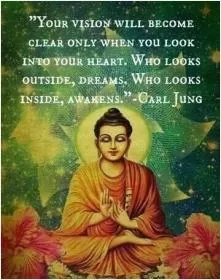
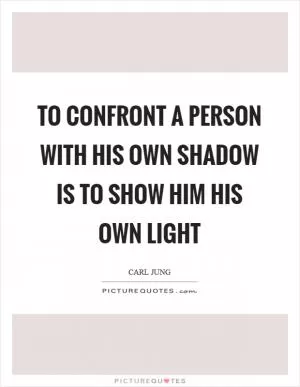
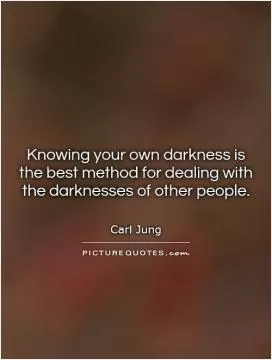
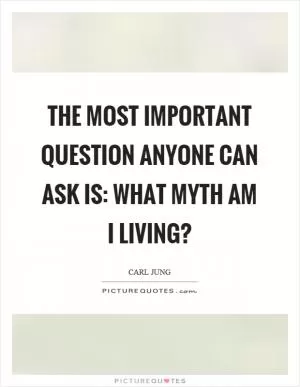
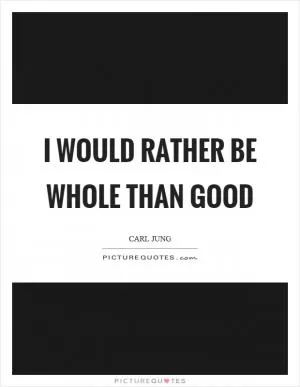
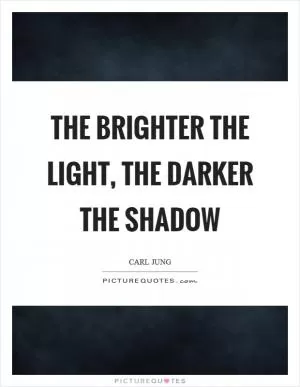
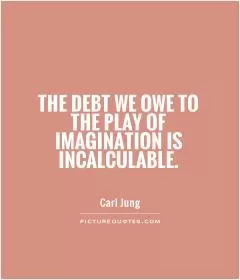
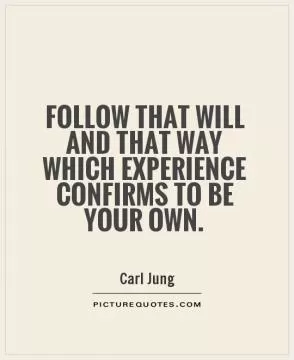

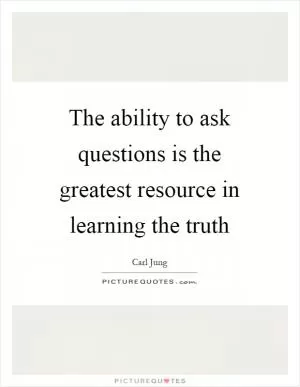
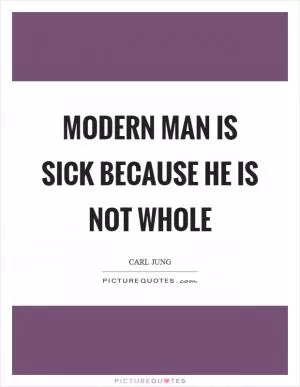
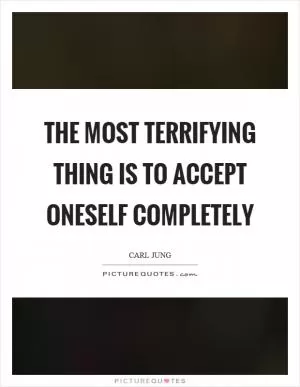
 Friendship Quotes
Friendship Quotes Love Quotes
Love Quotes Life Quotes
Life Quotes Funny Quotes
Funny Quotes Motivational Quotes
Motivational Quotes Inspirational Quotes
Inspirational Quotes